Donald Trump referred for criminal charges over January 6 riots
Criminal charges recommended for Trump include inciting an insurrection, obstruction of an official proceeding and conspiring to defraud the US government.
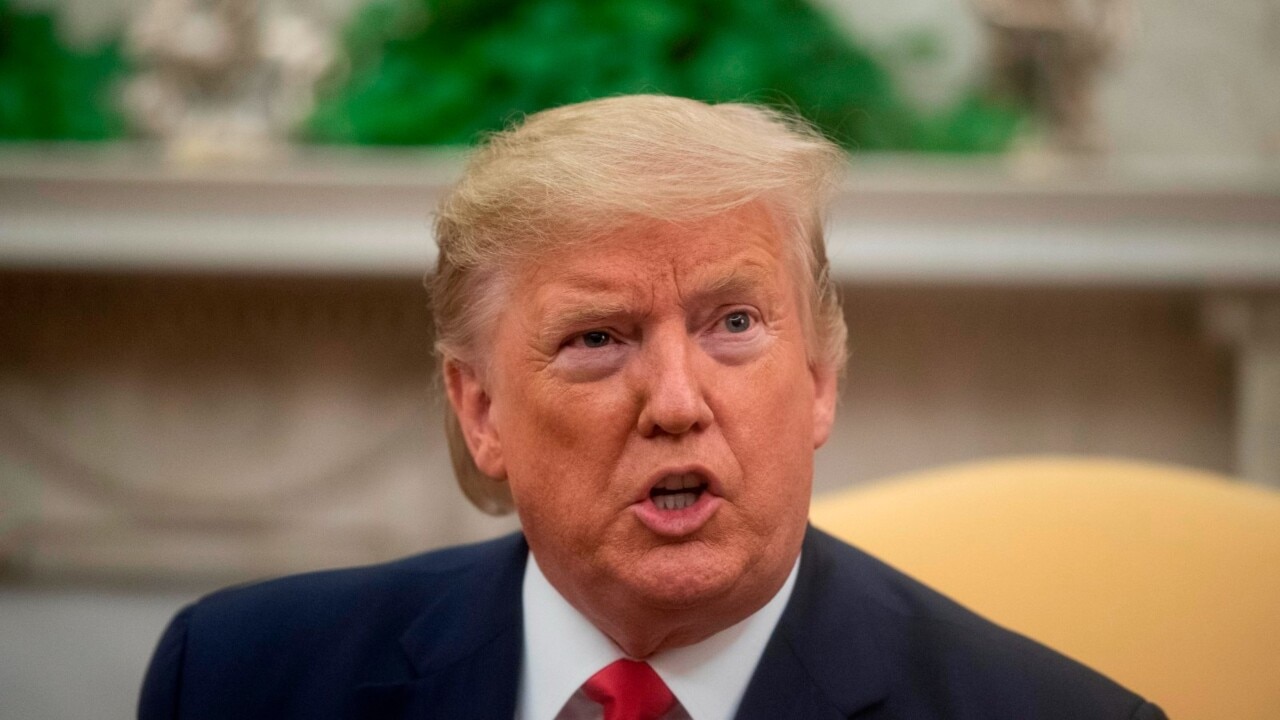
The House Committee investigating the Jan. 6, 2021, attack on the Capitol has voted by unanimous consent to make a raft of criminal referrals to the Justice Department for former President Donald Trump related to his attempt to overturn the presidential election.
The committee unanimously recommended that the Justice Department charge Trump with inciting an insurrection, obstruction of an official proceeding, conspiring to defraud the US government and making false statements
The committee took the action in the panel’s 10th and final meeting this year as it concludes its 18-month probe.
Key findings in the committee’s investigation include allegations that Mr Trump disseminated false allegations of fraud related to the 2020 election, provoking his supporters to violence on Jan. 6, according to the executive summary, which the committee released following the Monday meeting.
“We understand the gravity of each and every referral we are making today just as we understand the magnitude of the crime against democracy that we describe in our report, but we have gone where the faction and the law lead us and inescapably they lead us here,” said Rep. Jamie Raskin (D., Md.).
Despite knowing that he had lost dozens of election lawsuits, Mr Trump refused to accept that his opponent, Joe Biden, won the election and “plotted to overturn the election outcome,” the committee concluded, according to the summary, which contained a large amount of testimony aired in previous hearings.
“We’ve never had a president of the United States stir up a violent attempt to block the transfer of power,” Rep. Bennie Thompson (D., Miss.), chairman of the committee, said in an opening statement at Monday’s meeting. “I believe nearly two years later this is still a time of reflection and reckoning,” he said.
The committee in its meeting unveiled four criminal referrals of Mr Trump to the Justice Department, including obstruction of an official proceeding, conspiracy to defraud the U.S., conspiracy to make false statements and incitement of an insurrection.
The committee also made a criminal referral of John Eastman, a constitutional lawyer acting as Mr Trump’s attorney in the weeks leading up to Jan. 6 and who spoke to the crowd at the Ellipse before the Capitol riot, for obstruction of an official proceeding.
“The whole purpose and obvious effect of Trump’s scheme were to obstruct, influence and impede this official proceeding, the central moment for the lawful transfer of power in the United States,” Rep. Jamie Raskin (D., Md.) said in the meeting.
Over nine previous public hearings this year, the committee laid out its case that Mr Trump launched a campaign to reverse the election results and, in his efforts, summoned supporters to Washington and incited them to storm the Capitol. The hearings featured new disclosures and allegations regarding Mr Trump’s efforts to pressure state and government officials to help keep him in power, as well as witness testimony, often from senior Republicans and top officials from his own administration, about his actions on the day of the riot.
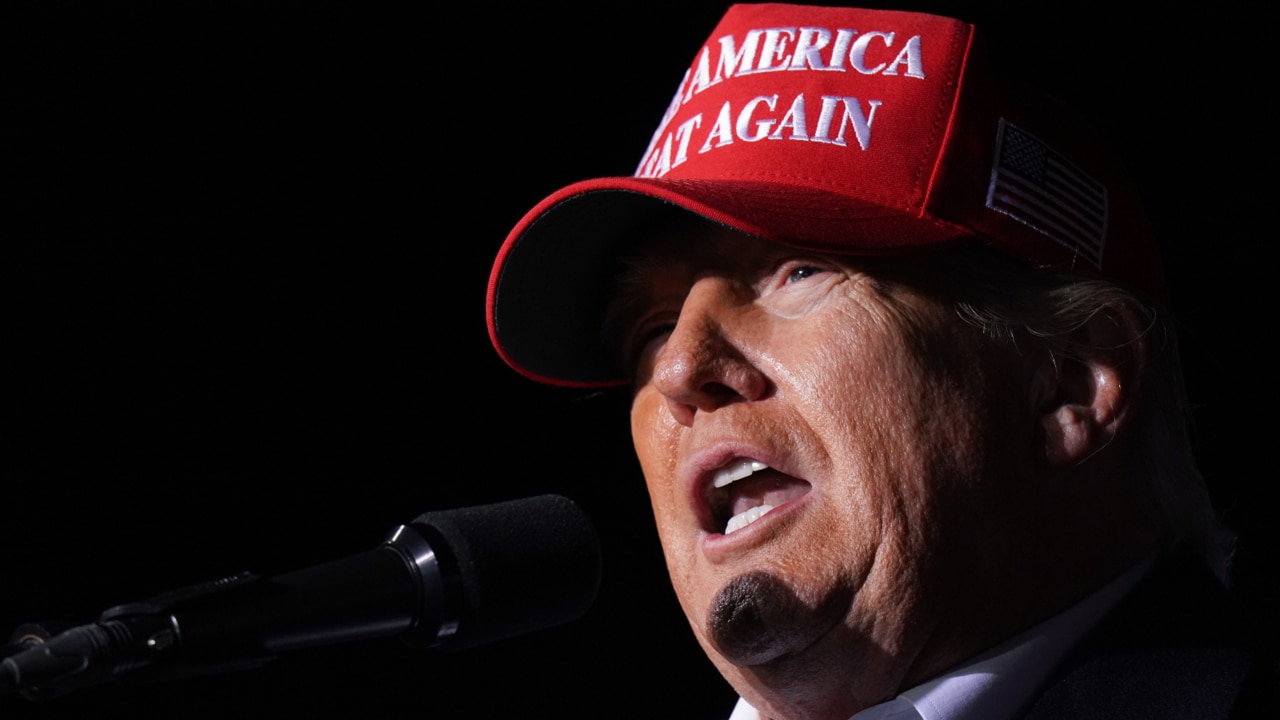
The committee, made up of seven Democrats and two Republicans, is expected to release the final report on its investigation later in the week. The panel will disband with the forming of the new Republican-led House in January.
Mr Trump, who last year was impeached in the House and acquitted in the Senate on a count of inciting an insurrection, has repeatedly said he did nothing wrong and has called the Jan. 6 committee a partisan witch hunt.
During today’s meeting, former Vice President Mike Pence, who faced threats of violence for refusing to go along with a scheme to overturn the 2020 election results, dismissed the Jan. 6 committee as partisan and said it would hurt the country should the Justice Department bring criminal charges against Donald Trump. “I think the president’s actions and words on January 6 were reckless, but I don’t know that it’s criminal to take bad advice from lawyers,” Mr Pence said Monday on Fox News, discussing the former president’s role.
The committee played a highlight reel of key witnesses, including Rudy Giuliani, Georgia Secretary of State Brad Raffensperger, former Attorney General William Barr and Ivanka Trump along with police officers who were at the Capitol on Jan 6.
The lengthy video showed some of the most explosive testimony and footage from the panel’s investigation, including video from top aides recounting telling the president that he had lost the election.
“I made it clear I did not agree with the idea the election was stolen and putting out this stuff which I told the president was bullshit,” Mr Barr said in the video.
The video also showed clips of the attack on the Capitol by a pro-Trump mob and included testimony from officers who had served that day describing the scene. It also included rioters who said they felt the president was asking them to go to the Capitol on his behalf.
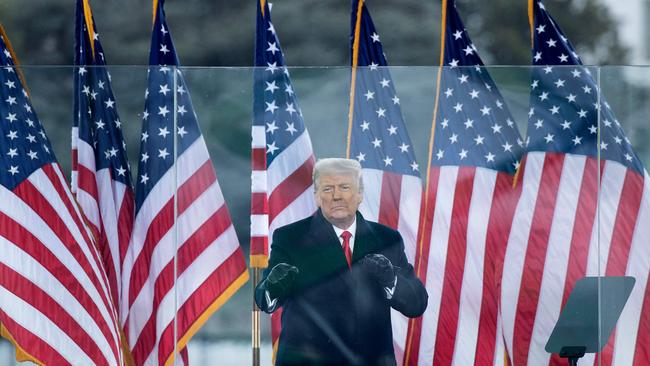
The Jan. 6 committee also played new video footage of an October interview with Hope Hicks, a longtime adviser to former President Donald Trump, who described unsuccessful efforts to have him tone down his rhetoric about the election.
In one video clip, Ms Hicks said that after the election she became increasingly concerned that Mr Trump’s falsehoods about the election were damaging his legacy.
Mr Trump told her: “Nobody will care about my legacy if I lose. So, that won’t matter. The only thing that matters is winning,” according to Ms Hicks’s testimony.
The committee also presented text messages exchanged between Ms Hicks and Hogan Gidley, another adviser to Mr Trump, as the Jan. 6, 2021 attack unfolded.
“Hey. I know you’re seeing this. But he really should tweet something about Being NON-violent,” Mr Gidley said in a text message.
“I’m not there,” Ms Hicks responded. “I suggested it several times Monday and Tuesday and he refused.”
The committee in its summary said it has “substantial concerns” about efforts to obstruct its investigation by attorneys paid by groups connected to Mr Trump, saying they may have advised clients to provide false or misleading testimony. The committee also said it is “aware of multiple efforts by President Trump” to contact witnesses and that the Justice Department is aware of “at least one of those circumstances.”
The summary highlighted the panel’s concerns about testimony from Tony Ornato, deputy chief of staff for operations in the Trump White House and a former Secret Service agent, regarding the former president’s plans to march to the Capitol alongside the rioters. Mr Ornato testified that “he was not aware of a genuine push by the President to go to the Capitol,” according to the summary.
The summary cited text messages between Cassidy Hutchinson, then-aide to Mr Trump’s final chief of staff, Mark Meadows, and Mr Ornato, indicating that Mr Ornato was aware of plans to go to the Capitol. Ms. Hutchinson wrote that Mr Trump “kept mentioning [an off-the-record trip] to the Capitol before he took the stage,” according to the summary. “Bobby will tell him no,” Mr Ornato replied, referring to Robert Engel, head of Mr Trump’s Secret Service detail. “It’s not safe to do. No assets available to safely do it.”
Highlighting dangers in the crowd before the Ellipse that day, the summary contained a list of weapons and other prohibited items seized by Secret Service agents, including 242 canisters of pepper spray, 269 knives or blades, 18 brass knuckles, 18 tasers, six pieces of body armor, three gas masks, 30 batons or blunt instruments and 17 miscellaneous items like scissors, needles or screwdrivers.
Dow Jones, AFP


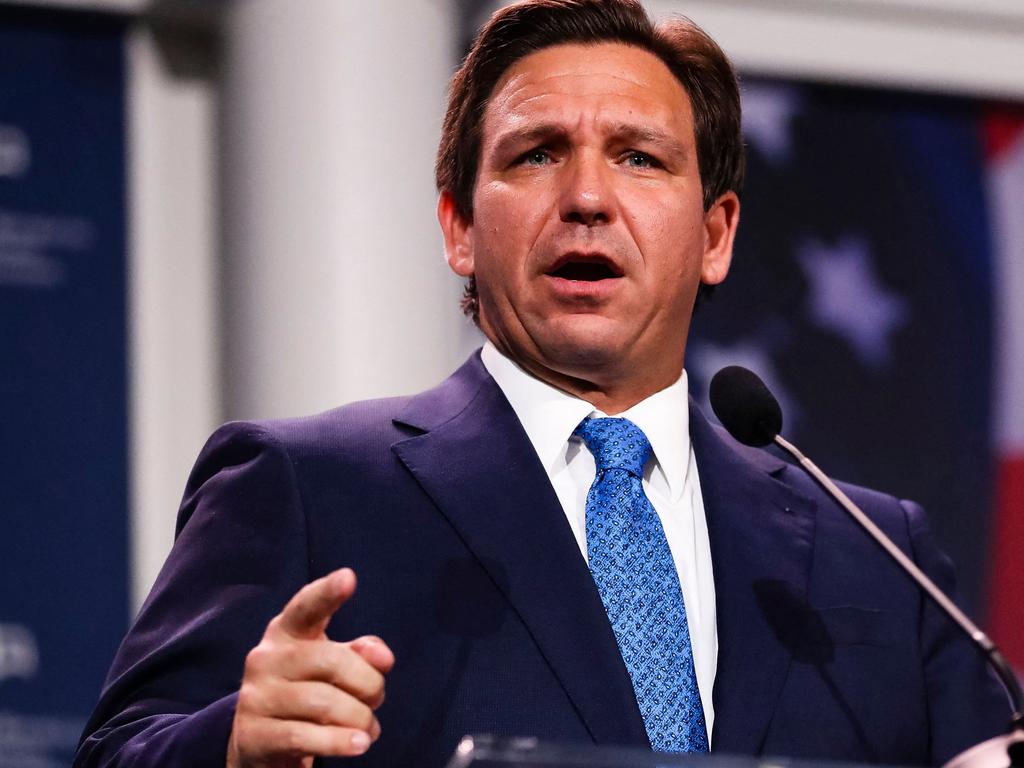
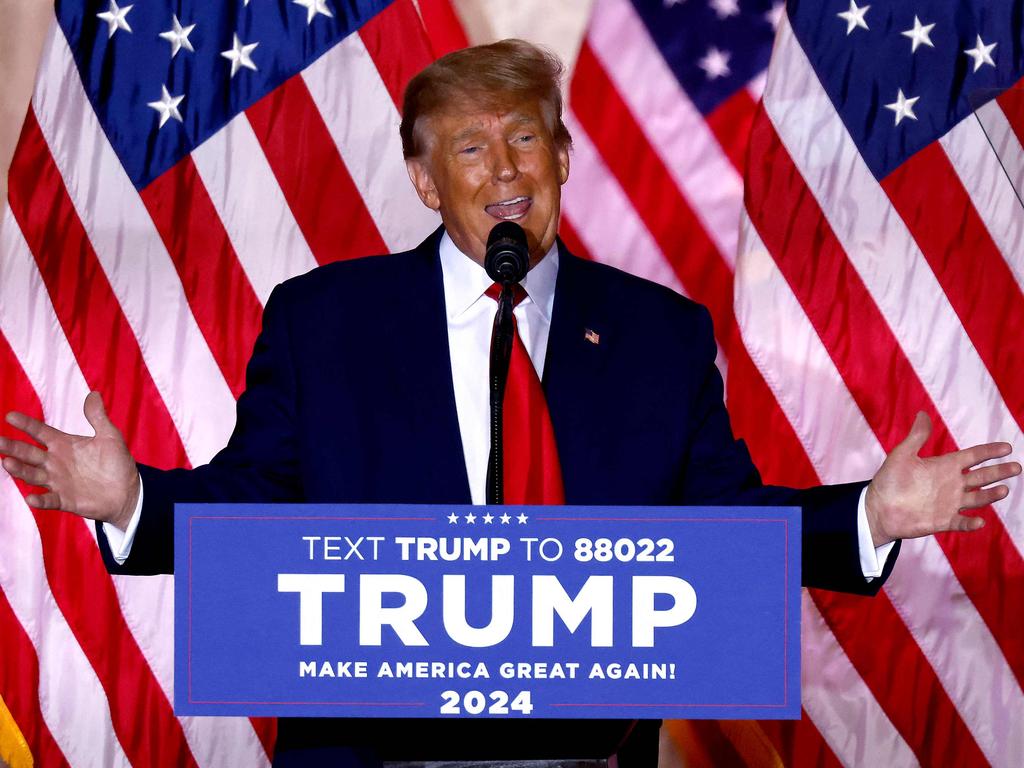
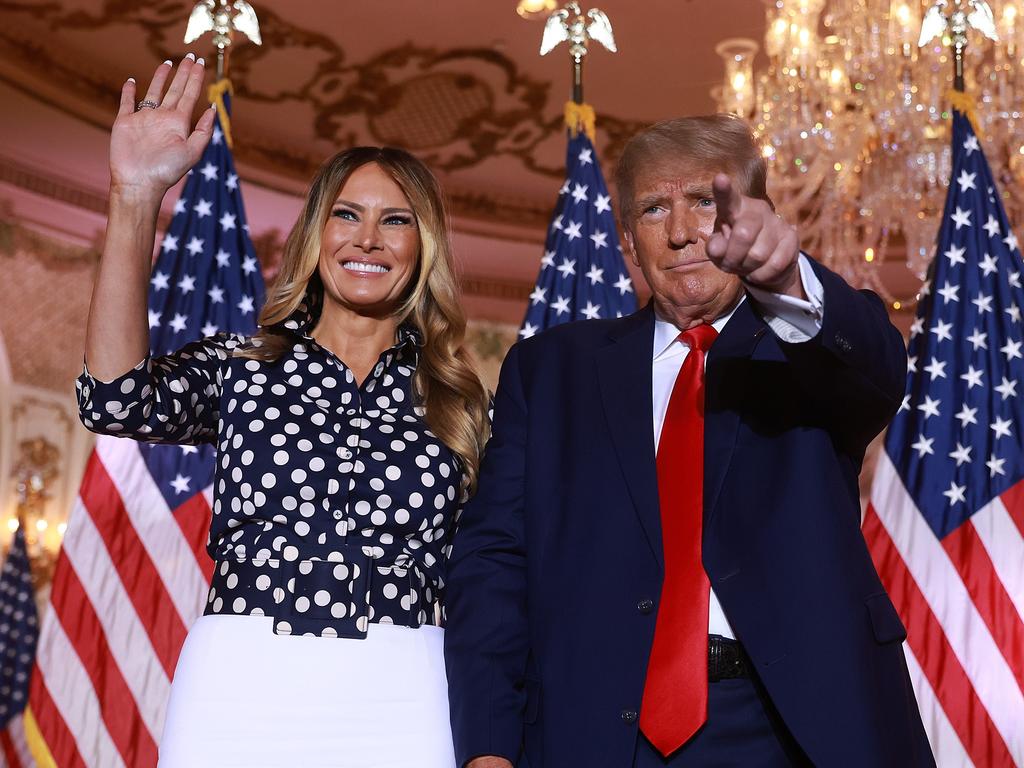
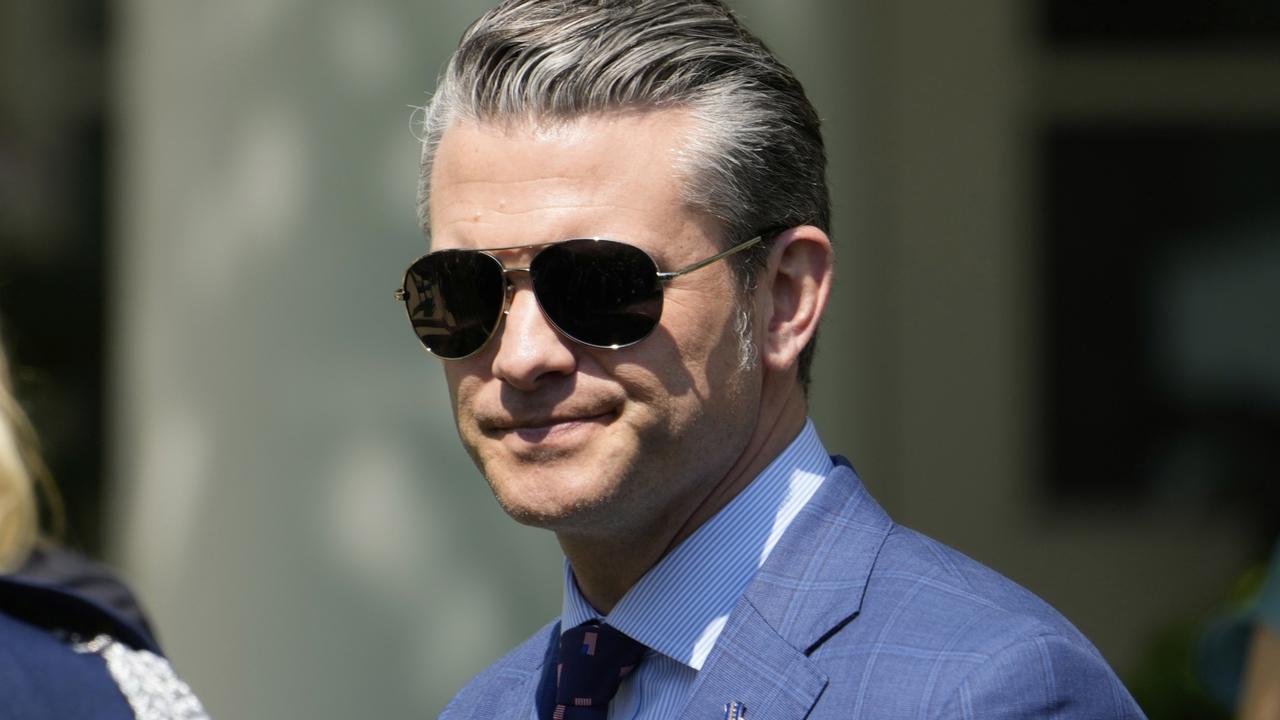
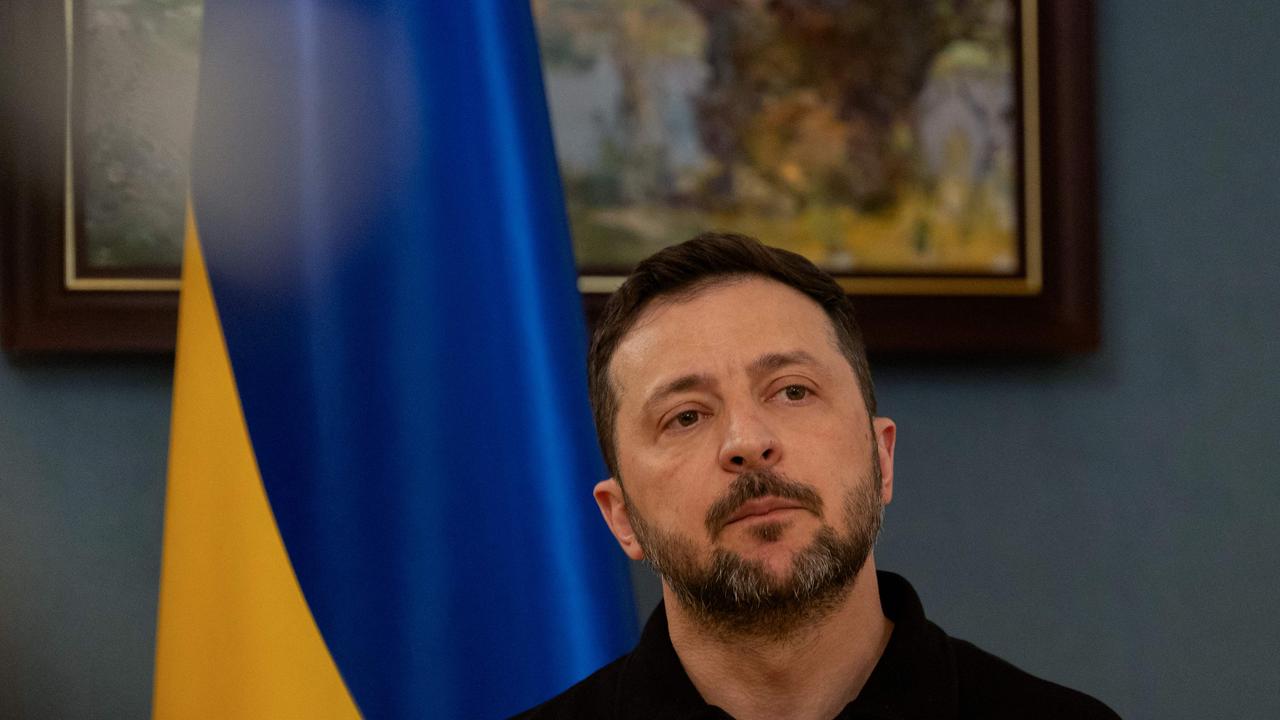
To join the conversation, please log in. Don't have an account? Register
Join the conversation, you are commenting as Logout